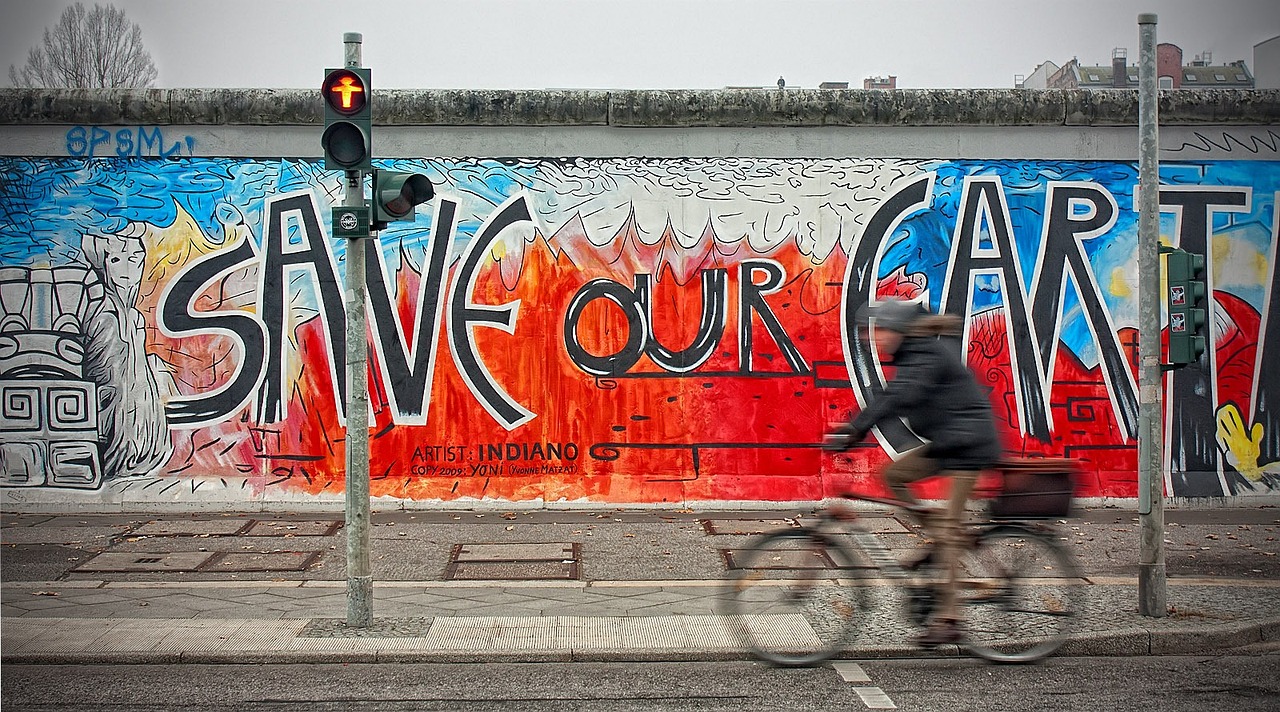Germany Video
Visa and Stay Regulations for Digital Nomads in Germany
Germany is a popular destination for digital nomads due to its vibrant startup scene, excellent infrastructure, and high quality of life. However, it’s important for digital nomads to understand the visa and stay regulations in Germany to ensure a smooth and legal stay in the country. This article will provide a comprehensive guide on the visa and stay regulations for digital nomads in Germany.
Types of Visas for Digital Nomads
To legally work and live in Germany as a digital nomad, you will need to obtain the appropriate visa. There are several types of visas that may be applicable to digital nomads:
- Schengen Visa: The Schengen visa allows visitors to stay in Germany and other Schengen countries for up to 90 days within a 180-day period. This visa is suitable for short-term stays and tourism purposes, but not for long-term work as a digital nomad.
- Job Seeker Visa: The Job Seeker visa is designed for individuals who wish to search for employment opportunities in Germany. It allows you to stay in the country for up to six months while actively seeking employment.
- Freelancer Visa: The Freelancer visa is specifically for self-employed individuals, including digital nomads. It allows you to work independently in Germany and stay for up to three years.
- Entrepreneur Visa: The Entrepreneur visa is for individuals who plan to start their own business in Germany. It requires a business plan and sufficient funds to support yourself during the initial stages of your business.
Requirements for Obtaining a Freelancer Visa
To obtain a Freelancer visa in Germany, you will need to fulfill certain requirements:
- Proof of Income: You must provide evidence of sufficient funds to support yourself during your stay in Germany. This can include bank statements, income tax returns, or proof of freelance contracts.
- Health Insurance: You are required to have health insurance coverage in Germany. This can be either private or public health insurance.
- Business Plan: You need to present a detailed business plan outlining your freelance activities, including potential clients, services offered, and financial projections.
- Qualifications: Depending on your field of work, you may need to provide proof of qualifications or professional experience.
Process of Obtaining a Freelancer Visa
To obtain a Freelancer visa in Germany, follow these steps:
- Research: Familiarize yourself with the visa requirements and gather all necessary documents.
- Application: Submit your visa application at the German embassy or consulate in your home country.
- Interview: Attend an interview at the embassy or consulate to discuss your business plan and intentions in Germany.
- Approval: If your application is approved, you will receive a Freelancer visa allowing you to live and work in Germany.
- Registration: Upon arrival in Germany, you must register your address at the local registration office within a specified period of time.
Staying in Germany as a Digital Nomad
Once you have obtained a Freelancer visa and arrived in Germany, there are a few important things to keep in mind:
- Residence Permit: After registering your address, you will need to apply for a residence permit at the local immigration office. This permit will allow you to stay in Germany for the duration of your Freelancer visa.
- Tax Obligations: As a digital nomad working in Germany, you may be subject to German taxes. It’s important to consult with a tax advisor to understand your tax obligations and ensure compliance.
- Renewal: If you wish to extend your stay in Germany beyond the initial duration of your Freelancer visa, you will need to apply for a visa renewal before it expires.
- Leaving and Re-entering: If you need to leave Germany temporarily during your stay, ensure that you have the necessary documents to re-enter the country without any issues.
Germany Image 1:

Working Spaces and Digital Nomad Communities
Germany offers a wide range of coworking spaces and digital nomad communities that provide a supportive environment for remote workers. Some popular coworking spaces in Germany include:
- Factory Berlin: Located in Berlin, Factory Berlin is a vibrant coworking space that fosters collaboration and innovation.
- betahaus Hamburg: Situated in Hamburg, betahaus offers flexible workspaces and a strong community of entrepreneurs and freelancers.
- Impact Hub Munich: Impact Hub Munich provides a creative and inspiring environment for digital nomads in Munich.
Joining these coworking spaces can provide opportunities for networking, collaboration, and accessing resources specific to digital nomads.
Germany Image 2:

Cost of Living and Accommodation
The cost of living in Germany can vary depending on the city and region. Generally, major cities like Berlin, Munich, and Hamburg tend to have higher living costs compared to smaller towns. Some average costs in Germany include:
- Accommodation: Rent prices can range from €500 to €1,500 per month for a one-bedroom apartment in major cities.
- Transportation: Public transportation costs around €70 to €100 per month, depending on the city.
- Food: A monthly grocery budget can range from €200 to €400, depending on personal preferences and eating habits.
It’s important to consider these costs when planning your budget as a digital nomad in Germany.
Germany Image 3:

Healthcare and Insurance
Germany has a well-developed healthcare system, and it is mandatory for residents to have health insurance coverage. As a digital nomad, you can choose between public or private health insurance options. Public health insurance is generally more affordable, while private health insurance offers more comprehensive coverage. It’s important to research and compare different insurance providers to find the best option for your needs.
Conclusion
Germany offers attractive opportunities for digital nomads with its visa options, vibrant coworking spaces, and high standard of living. By understanding the visa and stay regulations, as well as the cost of living and other practical considerations, digital nomads can enjoy a successful and fulfilling experience in Germany.
References
- germany-visa.org
- expatica.com
- make-it-in-germany.com
- nomadlist.com
- internations.org


